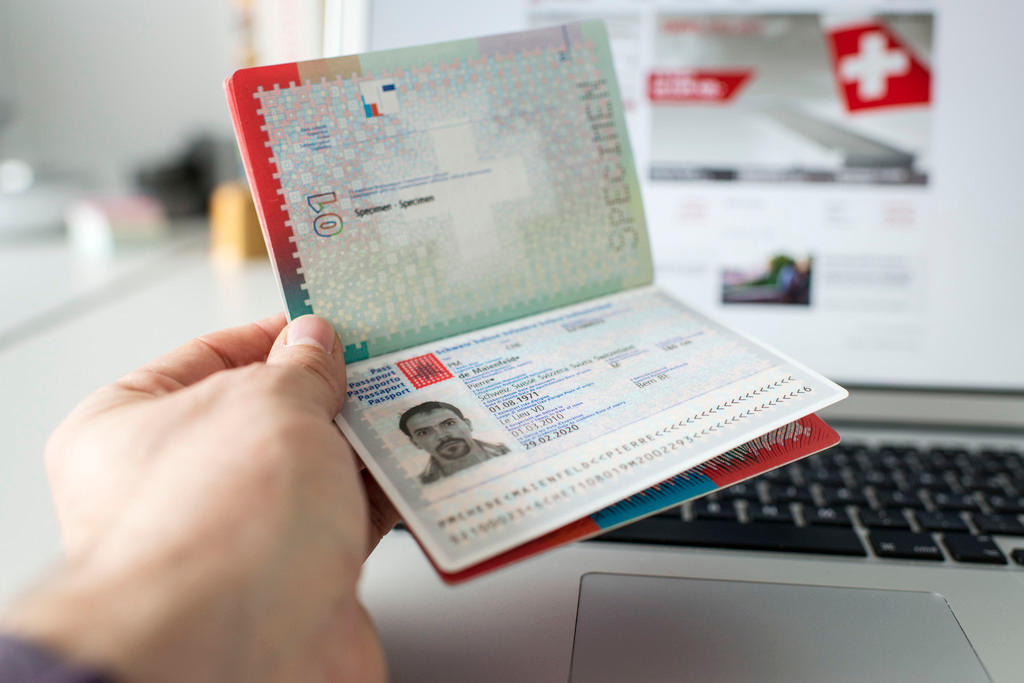
Changing gender should be made easier, says government

The Federal Council has proposed making it easier for Swiss residents to change their gender in official records. A third gender option is not part of the suggested changes.
Under the proposed new law, any person who is convinced that they do not belong to the gender entered in the official civil register may request the civil registrar to change their status. They can have one or more new given names entered in the register.
Surnames that change depending on the gender, common in Slavic countries, for example Ivanov and Ivanova, will also be adapted.
The change of gender in official records will have no effect on a marriage or registered partnership. However, the conversion of a marriage into registered partnership or vice versa will not be possible via the civil registrar. A judge’s intervention will still be necessary.
The proposal concerns two categories of residents. Every year around 40 children are born in Switzerland whose sex is difficult to determine with certainty. However, the law obliges parents to announce the first name and the precise gender of infants to the registry office within three days of birth. These identifiers can only be changed later via administrative or judicial proceedings that cost money.
Switzerland is also home to several hundred transgender people. Between 100 and 200 residents have undergone or are considering an operation to change their sex. Until recently, transgender people could only change their sex in the official records after undergoing surgery to reconstruct their genitalia. They also had to divorce if they were married.
These requirements are no longer applied, but transgender people still face many obstacles. They are forced to go to court to have their new gender identity recognised. Judicial practices vary widely and procedures are long and costly.
No third gender status
The request for changing gender has to be made in person to the civil registrar. The latter is obliged to refuse requests made as a joke and is required to confirm the identity and civil status of the person concerned.
In case of doubt, they can conduct further investigations such as demanding a medical certificate. If doubts persist, the civil registrar can refuse a request for gender change recognition.
The consent of a legal representative will be required for statements given by minors or persons under guardianship, or if the adult protection authority has so decided. The relevant authorities may also reject any outcomes resulting from a fraudulent declaration such as receiving an old-age pension earlier or avoiding military service.
Independent of the proposal, the government is considering extending the deadline for announcing the sex of a newborn child to the registry office. In the past, children have undergone irreversible operations due to social pressure. At this stage, the government has decided not to introduce a third gender in civil status but says it is open to commissioning a report on the matter.

More
As countries tighten transgender protections, will Switzerland follow?

In compliance with the JTI standards
More: SWI swissinfo.ch certified by the Journalism Trust Initiative



























You can find an overview of ongoing debates with our journalists here . Please join us!
If you want to start a conversation about a topic raised in this article or want to report factual errors, email us at english@swissinfo.ch.